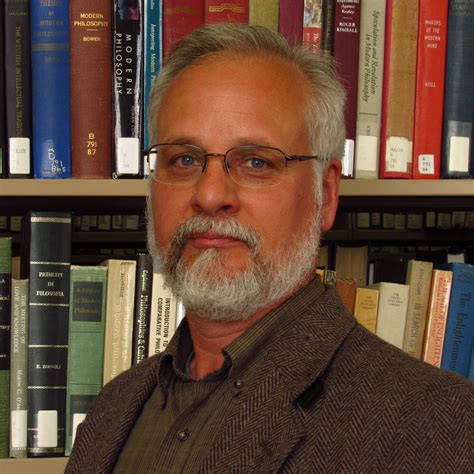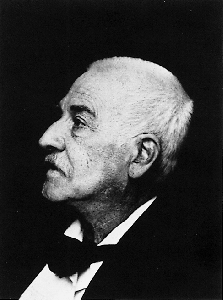A Quote by Benjamin Wiker
As with Hobbes, we see again, the power of fiction. Rousseau's acount of natural man was no more real than Hobbes's, but following the same pattern, once it became the accepted story of human origins, it thereby exercised the power of a self-fulfilling prophecy. In imagining Rousseau to be right, we have become what Rousseau imagined.
Related Quotes
The theory of social contracts extends as far back as Plato. However, it was the great 18th century social philosophers John Locke, Thomas Hobbes, and Jean-Jacques Rousseau who brought the concept of a social contract between citizens and governments sharply into political thinking, paving the way for popular democracy and constitutional republicanism.
The intellectual and moral satisfaction that I failed to gain from the utilitarianism of Bentham and Mill, the revolutionary methods of Marx and Lenin, the social contract theory of Hobbes, the "back to nature" optimism of Rousseau, and the superman philosophy of Nietzsche, I found in the nonviolent resistance philosophy of Gandhi. I came to feel that this was the only morally and practically sound method open to oppressed people in their struggle for freedom.
Hobbes: What are you doing? Calvin: Being "cool." Hobbes: You look more like you're being bored. Calvin: The world bores you when you're cool. Hobbes: Look, I brought a sombrero! Now we can both be "cool." Calvin: A sombrero?! Are you crazy?! Cool people don't wear sombreros! Hobbes: What fun is it being cool if you can't wear a sombrero?
[Calvin and Hobbes are playing Scrabble] Calvin: Ha! I've got a great word and it's on a "Double word score" box! Hobbes: "ZQFMGB" isn't a word! It doesn't even have a vowel! Calvin: It is so a word! It's a worm found in New Guinea! Everyone knows that! Hobbes: I'm looking it up. Calvin: You do, and I'll look up that 12-letter word you played with all the Xs and Js! Hobbes: What's your score for ZQFMGB? Calvin: 957.






























